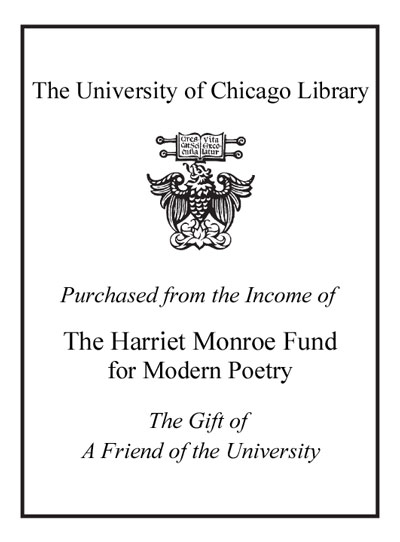Review by Booklist Review
*Starred Review* In the opening pages of her stunning debut collection, Jamaican-born poet Sinclair provides an etymological lesson: the word cannibal derives from caribal, a word applied by clueless colonists to indigenous Caribbean peoples, with the mistaken notion that islanders ate human flesh. Sinclair upends this linguistic prejudice by dissecting historical texts, including Shakespeare's The Tempest and Thomas Jefferson's Notes on the State of Virginia, to create richly layered lyrics that highlight and devour past injustice. Caliban, Prospero's island-dwelling slave, stalks the complex architecture of Sinclair's lines, returning in epigraphs to punctuate the book's section breaks. Throughout, the work is rife with incredible contradictions: Sinclair measures time in abducted days and hijacked decades but also by the bright red dress of September. One speaker recalls fondly a memory: Father washing me in eucalyptus, in garlic, in goldenseal but who also wore the bruisemark / of my father's hands to school in silence. Reading (and rereading) Sinclair is an urgently necessary, absolutely unparalleled experience.--Báez, Diego Copyright 2016 Booklist
From Booklist, Copyright (c) American Library Association. Used with permission.
Review by Publisher's Weekly Review
Sinclair, a 2016 Whiting Writers' Award-winner, crafts her stunning debut collection around the beauty and brutality of the word cannibal, whose origins derive from Christopher Columbus's belief that the Carib people he encountered consumed human flesh. Attacking this dehumanizing judgment born from white entitlement and denouncing the idea that blackness is synonymous with savagery, Sinclair ponders such questions as, How does a poet get inside the head of Shakespeare's Caliban? How would Caliban define blackness without the filter of a white man's bias? In the poem "Mermaid," Sinclair shows how history is more than a time line; it's the ghosts that haunt a family and the memories that live in their veins. She notes how the English attempted to stamp out Jamaican culture as if it were a weed, yet it grew "back thick, tenfold, and blackened with the furor of a violated man." Sinclair's vibrant imagery and arresting diction injects inanimate objects with soul; sunsets, islands, beaches, and wind are stirred to life. More than a connection to nature, water becomes a safe haven: "my grandmother's wet skirt cast a web across// the sea." This is a tight, focused collection, and through her visceral language Sinclair paints the institution of white supremacy as not just an individualized phenomenon, but as a ruthless and menacing force. (Sept.) © Copyright PWxyz, LLC. All rights reserved.
(c) Copyright PWxyz, LLC. All rights reserved
Review by Booklist Review
Review by Publisher's Weekly Review

